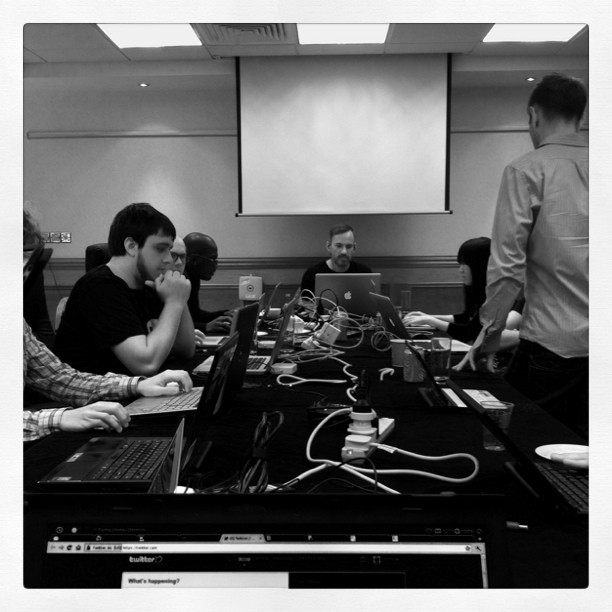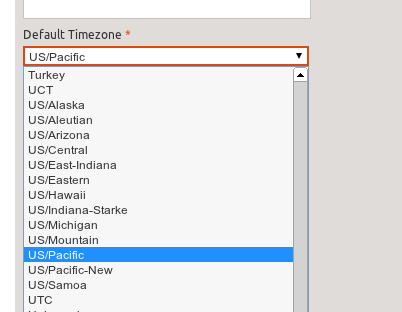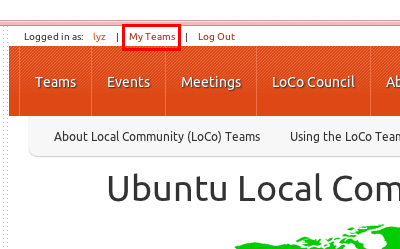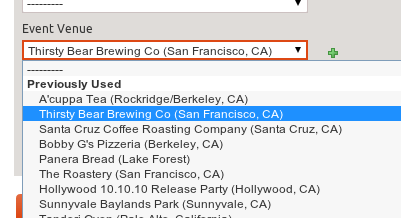This is the Unity weekly report for 6 July. The last week the team spent some time hacking on Unity in Dublin, Ireland, which included a quick meet and greet with the local team. The main things that happened this week were mostly plumbing and GTK3 porting, which is now complete. Other than compiz modal dialogs there’s no new crazy bling this week, just boring foundationy bling and a bunch of hacking:
Unity Contributor Activity This Week
- Oliver Sauder has fixed the application spread to only show applications on the current workspace.
- Alexander Fougner made his first contribution to Unity by changing “Keep In Launcher” to “Keep in launcher”. Hey, it’s all about the little things.
- Marco Biscaro has made yet another fix where clicking on an icon when spread now correctly cancels the spread. Thanks Marco.
- Oier Mees made his very first Unity contribution (yaay!) Oier fixed the Dash search box, such that clicking inside it removes the search hint. I love attention to details.
- Manuel Nicetto has committed yet another fix for quicklists. The fix improves keyboard navigation and resolves focus issues.
- Andrea Azzarone also resolved issues with autohide for the launcher. The fix also helps tooltips become more robust and always end up showing on the screen
Other branches for incoming fixes are in the review queue. Thanks to all the contributors who’ve spent time making Unity better. Want to dive in? Check out the big list below and dive in!
Things going on in Oneiric
There’s plenty of stuff happening on the rest of the desktop as well. Here’s the Unity related bits, a nice bonus this week is pure Qt apps will transparently become indicators without need for whitelisting (Skype and Mumble):
- New Unity snapshot with new Nux/Unity (and gtk3 indicator support).
- Compiz patch was needed with the new unity dialogs
- But this brings a lot of issues with compiz current configuration handling system (Can’t add new plugin, even when existing plugins depends on a new one, making everything segfault). Need to prioritize the gsettings backend and remove those limitations in libcompizconfig itself.
- New Unity-2d release with some metacity patches and a lot of bug fixes.
- Unity 2d is now at 80% accessible. Some patches post alpha2 in Qt will help removing the latest gotchas. Very active work with upstream to get that done as soon as possible.
- Note that the half implement unity-like modal dialogs showing in metacity due to the metacity theme used in compiz will be removed (no resource for implementing the full design).
- Still using gtk2 indicators, but good progress (merge request today in trunk) to use the unity-panel service and so, get rid of it.
- Qt has now the sni-qt support (seeded by default, will be there after alpha2): transparent indicator fallback support. This mean no more systray for popular Qt apps like mumble, skype, it will all just work out of the box.
- Incoming dconf support in QML (and not Qt). Will be used by unity 2d first.
- Discussion with upstream with zeitgeist first indexing to not have blank unity places. Still need to determine if this should be integrated (as it is today) with the activity log manager managing blacklists as well, if so, if it should be added to gnome-control-center and such or just run on first login. Needs design team to be back from holidays to discuss that. Add items to alpha3.
You can check out the rest of the progress on the desktop from the desktop team’s report for the week.
The Big List
Here’s a list of targeted bugs that the design team has picked out as a result of user testing and feedback that would make Unity nicer to use. Here’s the full list if you want to dig in.
- 727902 Launcher icon highlighting should not switch off as soon the cursor moves after the app spread appears
- 676453 Launcher – Add ‘installing’ animation for when app is installed via drag & drop
- 616866 Installation of apps by dragging them to the launcher
- 750375 Dash – Cursor navigation allows the user to keep scrolling down indefinitely
- 765715 Launcher – When a app icon de-couples from the Launcher a small shadow should appear on the bottom and right sides of the icon
- 767272 Top bar menus – there should be a very quick and subtle fade out/in effect when a user shifts from one menu to another or closes a menu
How to Get Involved
1. Get the Code
Follow the Step by Step Instructions and Wiki Page. This will get the code from Launchpad, set up your development environment, and getting you used to the Launchpad workflow.
2. Pick a Bug
Here’s the full list, or you can just join the team and watch them roll in and pick what you’d like.
3. Fix your bug and then get your code into Unity
Don’t worry we won’t leave you hanging, you can get a-hold of a Unity developer through many different ways:
- Join the ~unity-community-hackers team and start digging in.
- We now have a Weekly Meeting at 1800UTC on #ayatana on Freenode IRC if you feel like hanging with us and getting organized and ask questions
- #ayatana on freenode IRC during European and American workdays. Or you can post to the mailing list if you have a question.
- We also have weekly IRC Q+A for any developer who wants to dive in and ask a Unity developer. 7pm-8pm UTC (That’s 2pm EST) every Friday!






